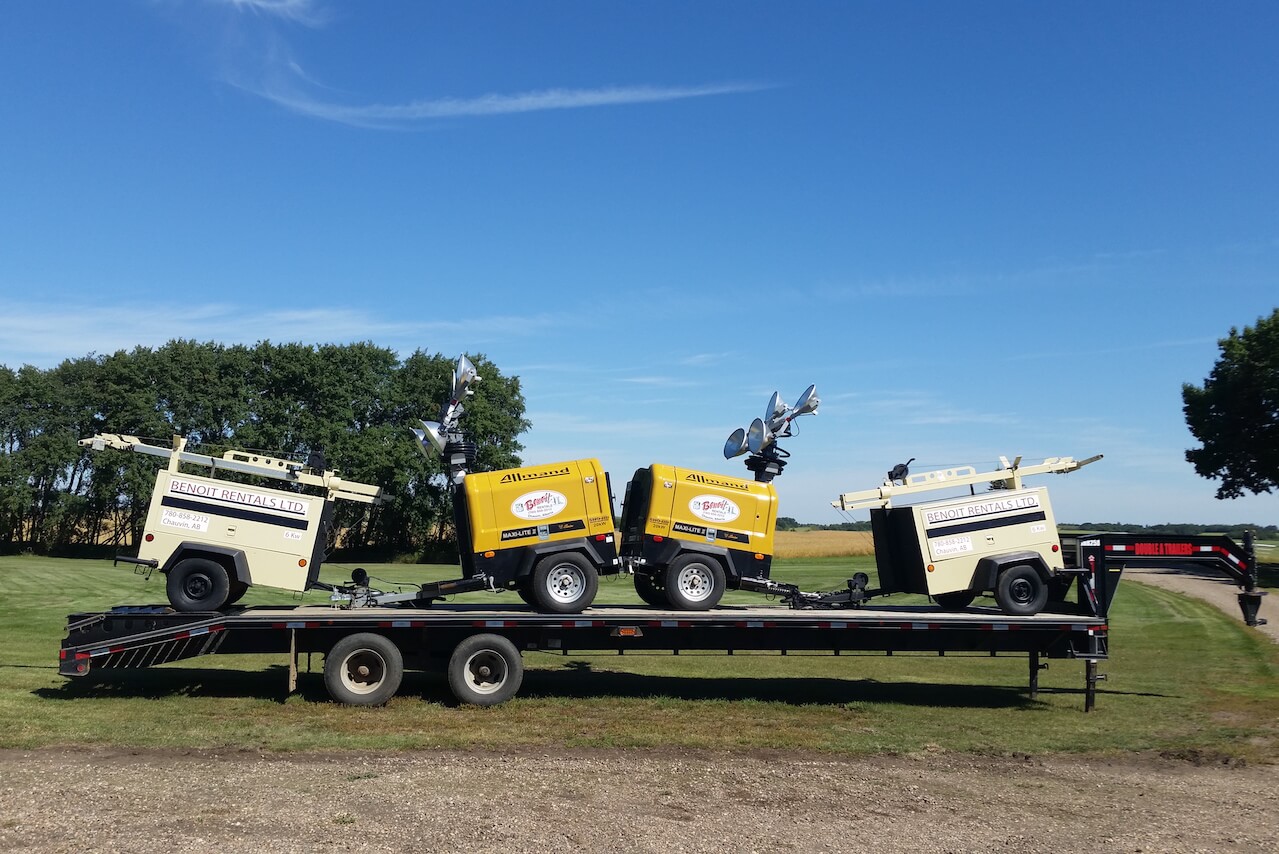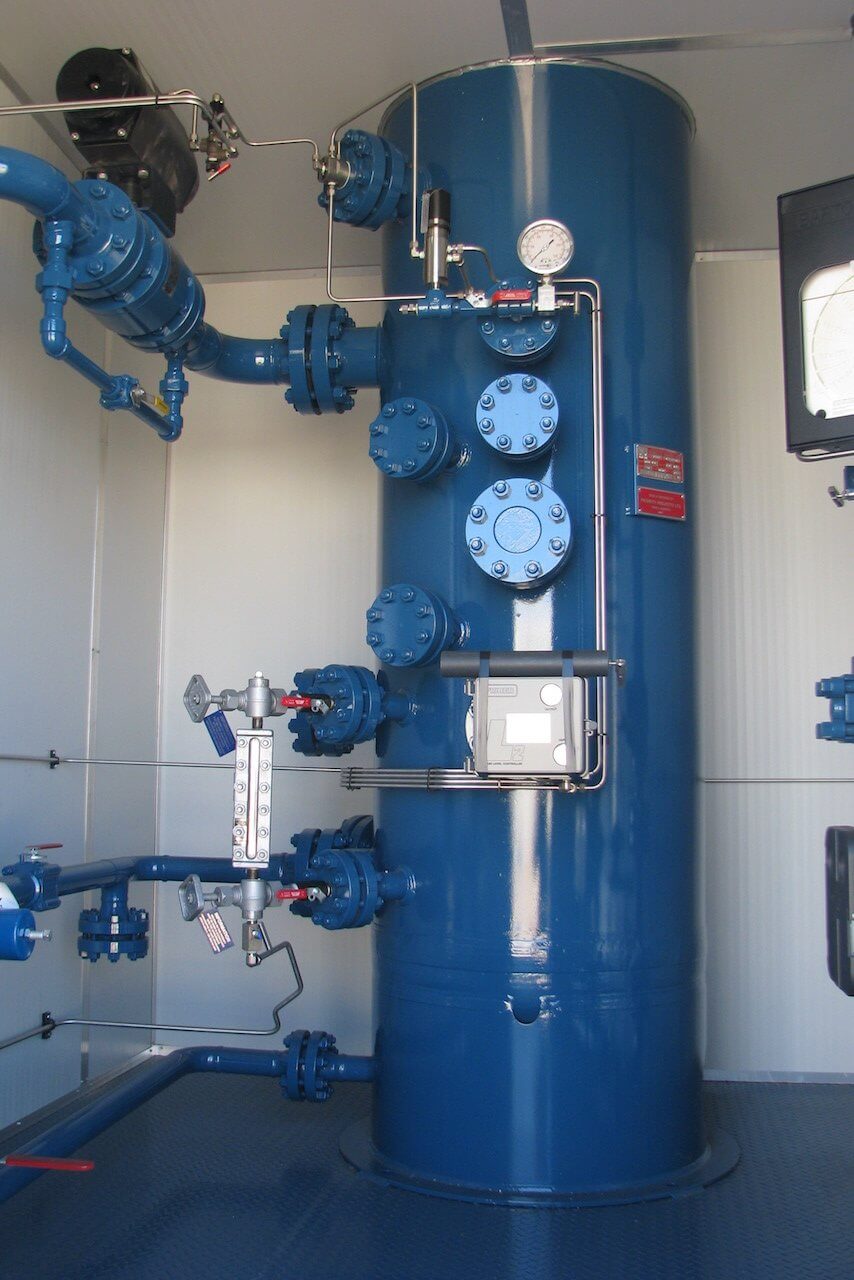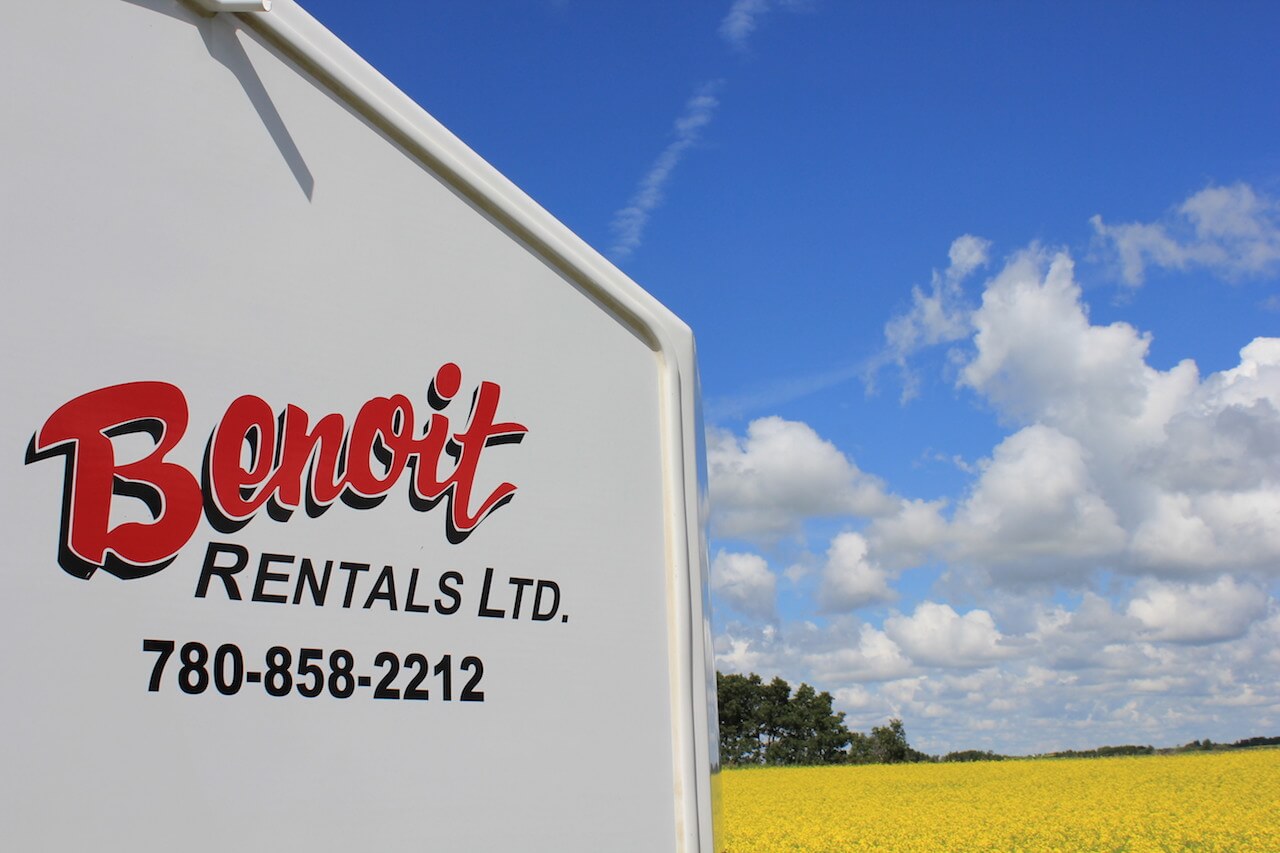
Heavy equipment rentals have transformed the construction and landscaping industries. This practice began gaining traction in the mid-20th century, allowing businesses to access costly machinery without hefty investments. Renting heavy equipment offers flexibility and cost savings. Companies can choose from a wide range of machines, including excavators, bulldozers, and cranes, tailored to specific projects.
With rental options, businesses can avoid maintenance costs and storage issues. This flexibility is crucial for small to medium-sized enterprises looking to compete with larger firms. Heavy equipment rentals empower contractors to tackle diverse jobs efficiently while managing their budgets effectively. Understanding how to navigate this rental landscape can lead to significant advantages in project execution.
Key Takeaways
-
Renting heavy equipment can save you money compared to buying, especially for short-term projects.
-
Consider your project needs carefully to determine the right type and size of equipment to rent.
-
Look for rental providers that offer flexible terms to fit your budget and timeline.
-
Always check the condition of the equipment before renting to avoid unexpected costs later.
-
Research multiple rental companies to find the best rates and service options available.
-
Keep in mind that renting can help you access the latest technology without a large upfront investment.
Benefits of Renting

Cost Savings
Renting heavy equipment can lead to significant cost savings. Businesses can minimize upfront costs by avoiding large investments in machinery. Instead of purchasing, companies can rent the equipment needed for specific projects. This approach reduces long-term financial commitments tied to ownership.
Allocating budget more effectively becomes possible with rental solutions. Companies can focus funds on other critical areas of their projects. They avoid expenses like maintenance, insurance, and storage that come with owning heavy equipment. Hour rentals offer flexibility, allowing businesses to pay only for what they use.
Access to Modern Equipment
Accessing modern machinery is another advantage of renting. Companies can utilize the latest technology without the burden of ownership. Rental shops often provide a diverse range of specialized equipment tailored to specific project needs.
Regular upgrades and maintenance are included in rental agreements. This ensures that businesses have reliable equipment without worrying about repairs or outdated models. Utilizing current machinery helps improve project efficiency and productivity, which is essential in today’s competitive market.
Flexibility and Scalability
Flexibility is crucial in construction and industrial projects. Renting allows companies to adjust equipment usage based on project demands. This capability leads to more efficient resource management.
Businesses can rent equipment only when necessary. This strategy avoids costs associated with idle machinery sitting unused on-site. Short-term rental agreements enable companies to scale operations up or down easily.
For instance, a construction firm may need additional excavators for a large project but not for smaller jobs. They can rent extra units during peak times and return them when the workload decreases. This adaptability helps businesses respond quickly to changing conditions without financial strain.
Cost-Effective Strategies

Compare Prices
Researching and evaluating rental rates is essential. Comparing prices from multiple providers helps ensure you get competitive pricing. Some companies may offer lower base rates but charge extra for services. Analyzing the total cost of renting versus owning equipment is crucial. This analysis allows you to make informed financial decisions.
Consider all additional fees in rental agreements. These can include delivery charges, insurance, or maintenance costs. A comprehensive comparison helps you avoid unexpected expenses.
Flexible Agreements
Negotiating rental terms can save money and time. Terms should align with your project timelines and budgets. Flexibility is key when managing various projects. Explore options for daily, weekly, or monthly rentals based on your needs. This variety allows you to choose what works best for each situation.
Review cancellation policies carefully. Understanding these policies helps maintain adaptability in your rental contracts. Extensions may be necessary due to project delays. Knowing the terms beforehand can prevent potential issues later.
Preventive Maintenance
Regular servicing of rented equipment is vital. Ensuring that machinery is well-maintained minimizes downtime during projects. Equipment failures can lead to costly delays and lost productivity. Verify that rental providers offer maintenance support as part of their service package.
Scheduling routine checks keeps machinery in optimal condition. This proactive approach prevents small issues from becoming major problems. It also enhances the safety and efficiency of the equipment being used.
Choosing the Right Provider

Evaluate Equipment Quality
Inspecting rental equipment is crucial. Check for wear and tear before signing any agreements. Look for signs of damage or neglect. Request documentation of the equipment's maintenance history. This information helps assess reliability and safety. Equipment that has been well-maintained is likely to perform better.
Testing functionality is also important. Operate the equipment to ensure it meets your project specifications. Confirm that all features work as intended. A thorough evaluation can prevent issues during your project.
Consider Service Options
Investigate the level of customer support offered by rental companies. Good support can make a difference in your experience. Look for additional services like delivery, pickup, and on-site assistance. These services can save time and effort during your project.
Assess the availability of technical support and training for operators as well. Proper training ensures safe and effective use of the equipment. Companies that provide this support show they care about customer satisfaction.
Check Provider Reputation
Researching customer reviews and testimonials is essential. These insights help gauge satisfaction levels among past clients. Positive feedback often indicates a reliable provider.
Verify the rental company’s experience in the heavy equipment industry as well. Companies with a long track record tend to have more expertise. Their knowledge can be beneficial when selecting equipment.
Confirm the provider's commitment to quality service and equipment reliability too. A reputable company prioritizes customer needs and maintains high standards. This commitment reflects their dedication to helping you succeed.
Closing Thoughts
Renting heavy equipment can be a game-changer for your projects. It saves you money and provides flexibility. You avoid the hefty costs of ownership while accessing top-notch machinery. Choosing the right provider ensures you get quality service and equipment tailored to your needs.
Take control of your project today. Explore your rental options and find a provider that meets your requirements. Don’t wait—start maximizing your efficiency and savings now. Your next successful project is just a rental away!
Frequently Asked Questions
What are the main benefits of renting heavy equipment?
Renting heavy equipment reduces upfront costs, provides access to the latest technology, and eliminates maintenance responsibilities. It allows flexibility for short-term projects without long-term commitments.
How can renting heavy equipment save money?
Renting avoids hefty purchase prices and ongoing maintenance costs. You only pay for the equipment when you need it, optimizing your budget for other project needs.
What factors should I consider when choosing a rental provider?
Look for reputation, customer service, equipment availability, and pricing transparency. A reliable provider will offer quality equipment and support throughout your rental experience.
Is insurance necessary when renting heavy equipment?
Yes, insurance is essential. It protects you from potential damages or accidents during the rental period, ensuring peace of mind while using the equipment.
How do I determine the right equipment for my project?
Assess your project requirements, including size, weight capacity, and specific tasks. Consult with rental providers for expert advice on suitable equipment options.
Can I rent equipment for long-term projects?
Absolutely! Many rental companies offer flexible terms for long-term rentals. This option allows you to manage costs effectively while securing the necessary machinery for extended use.
What should I check before accepting rented equipment?
Inspect the equipment for any existing damage and ensure it operates correctly. Confirm that all safety features are functional to avoid issues during your project.
BENOIT RENTALS’ TOP RESOURCES ON OILFIELD FLARE STACK SYSTEMS:
Alberta Energy Regulator (AER) - Flaring and Venting
Petroleum Technology Alliance Canada (PTAC)
Canadian Association of Petroleum Producers (CAPP)
